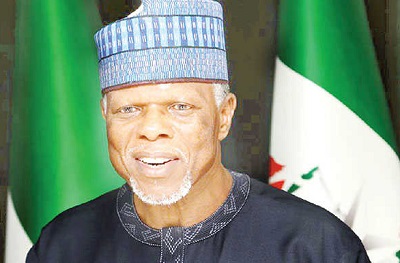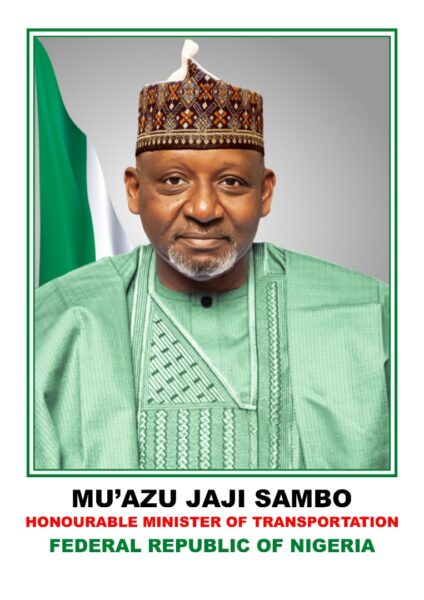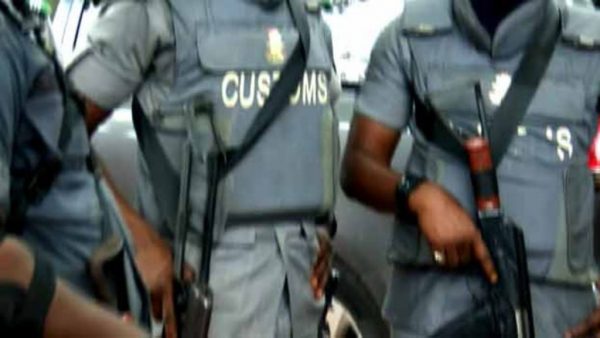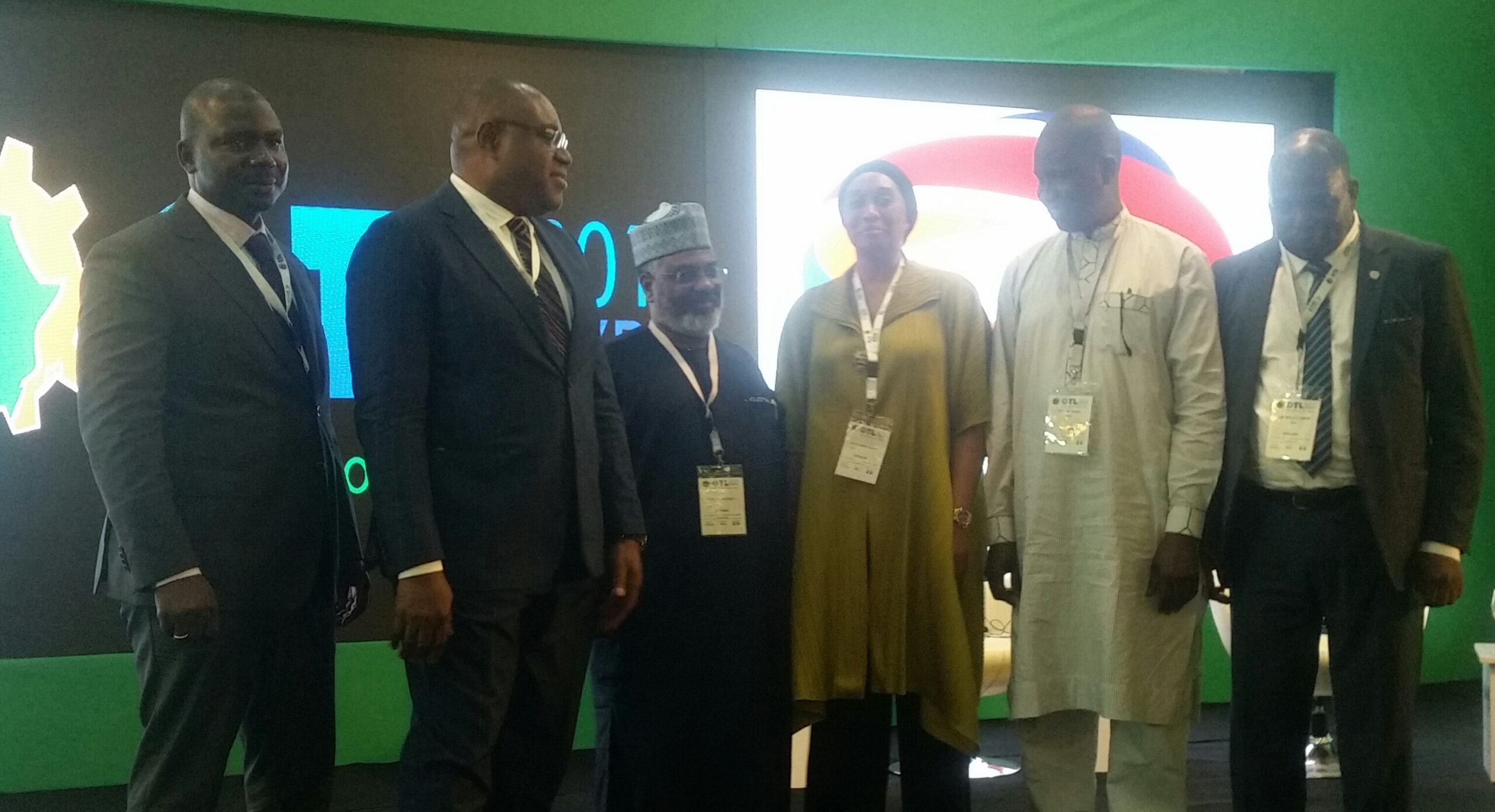CIOTA Nigeria Marks UN Global Road Safety Week
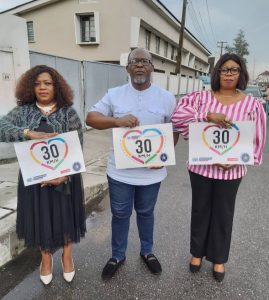
The Chartered Institute of Transport Administration of Nigeria (CIOTA) led by Dr. Bashir Jamoh joined the United Nations General Assembly and the World Health Organisation (WHO) in the campaign for global road safety, advocating for speed measures to create safe, healthy and liveable cities.
The UN Global Road Safety Week has been observed by the UN since 2007 and this year’s edition commenced from May 17th to May 23rd, 2021.
It is an occasion to garner policy commitments at national and local levels so as to deliver 30km/h (20 mph) speed limits in urban areas and highlight the links between 30 km/h speed limits and attainment of a number of Sustainable Development Goals (SDGs) on health, education, infrastructure, sustainable cities, climate action and partnerships.
Addressing journalists earlier today, the CIOTA President represented by the Deputy President, Mr. Darlington Offor called for safety of road users in adherence to the 2021 United Nations Road Safety week with the theme: “Streetsforlife and #Love30”.
The CIOTA Deputy President called on policy makers to limit vehicles speed to 30 km/h (20 mph) where people walk, live and play as the world marked the 6th United Nations Global Road Safety Week.
He emphasized the importance of a holistic approach to road safety and improving ongoing road projects and designs, noting that UN annual global reports reveal that speeding is a leading risk factor for road traffic deaths and injuries.
His words: “There are over 1.35 million deaths from road accidents while 250,000 deaths are recorded in Africa. According to WHO, 39,000 are recorded in Nigeria of which 40% of these fatalities in African countries are pedestrians walking in cities.”
He stated that CIOTA is committed to partnering with relevant agencies and organisations in building capacities so as to implement evidence-based solutions and enhance data quality for better monitoring and planning of the nation’s Transport systems.
Research, however, has shown that lowering speed limits in urban areas reduces the risk of fatalities and keeps vulnerable road users safe, including pedestrians, cyclists, children, elders and people with disabilities.
The UN Decade Action Plan from 2021 to 2030 is to encourage and promote policies in walking, cycling and the use of public transport as inherently healthy and environmentally friendly modes of transport.
When approached for comments, the Institute’s National Publicity Secretary, Mrs. Chizoba Anyika reiterated that the professional body is open to partner and collaborate with relevant stakeholders in bringing interventions that guarantee safer roads in the country.
Anyika also stressed that driving at low speed on streets would save lives and lead to the attainment of healthy, green and liveable streets for life.
In another development, CIOTA Nigeria has commended the Nigerian Maritime Administration and Safety Agency (NIMASA) for its determination to rid the marine environment of criminal activities with the Deep Blue Project.
Deep Blue Project is a holistic maritime security architecture to provide surveillance and prompt responses to dissipate maritime crimes in Nigeria and the Gulf of Guinea.
The Institute’s commendation was on the heels of the delivery of Special Mission Aircraft for the Deep Blue Project which has attained 100 percent completion and is scheduled for commissioning by the Minister of Transportation, Hon. Rotimi Amaechi, next month.
Anyika told journalists at the weekend that the transportation sector is excited at the Agency’s milestone and hopeful that the Gulf of Guinea will soon drop the stigma for its notoriety in maritime insecurity.
“The aim is to ultimately have a more stable and secure maritime environment that will boost sea transportation and businesses. The acquisition of these assets mark a huge victory for the Nigerian maritime sector in the fight against maritime insecurity providing for the much needed intervention for monitoring and swift response to distress calls. It is also an opportunity for human capacity development in the area of adequately training transport professionals who can man the assets,” she said.



